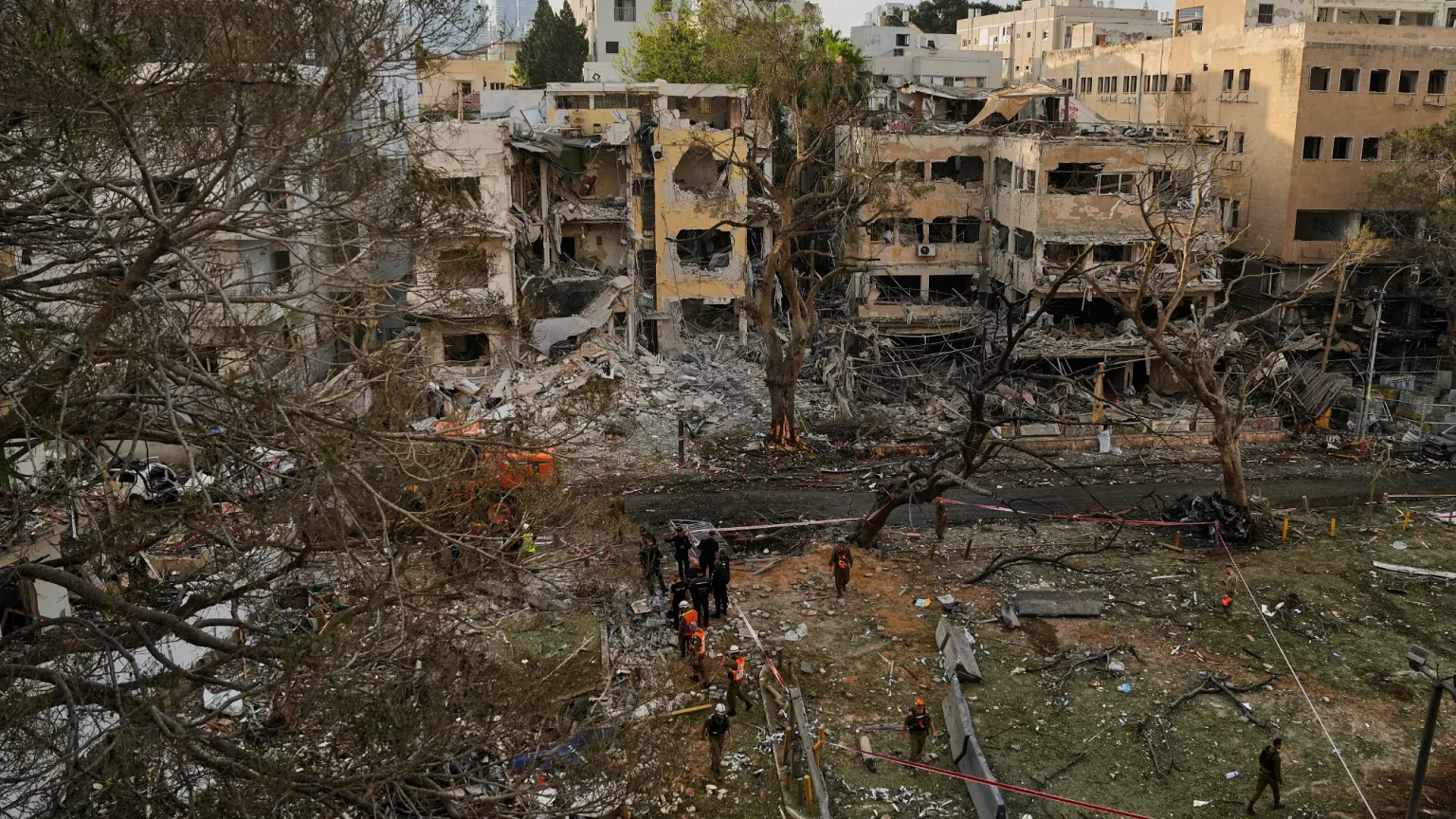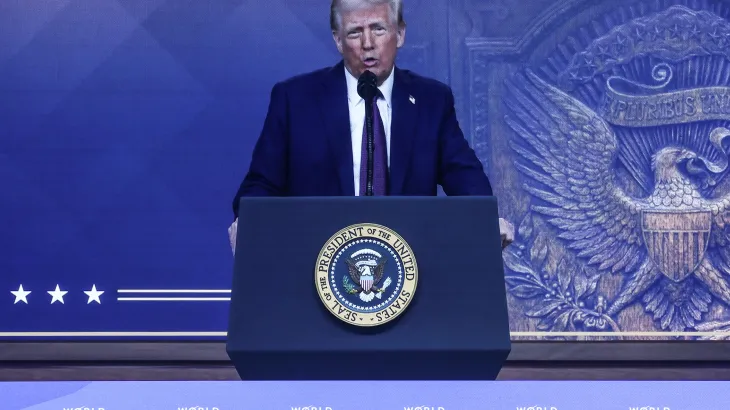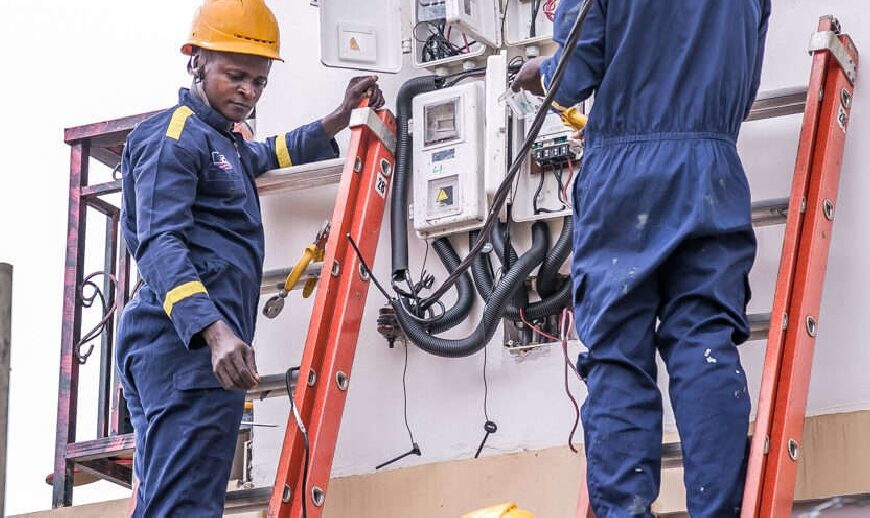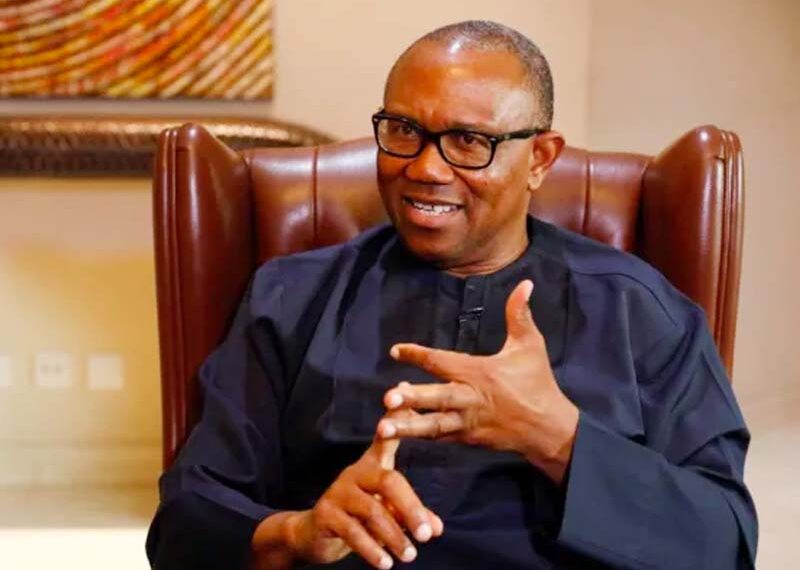The ongoing confrontation between Iran and Israel has evolved into what experts describe as a “threshold war” — a conflict defined by calculated, limited strikes that stop short of open warfare but have profound implications for nuclear escalation and regional stability.
Unlike traditional wars fought with large-scale troop deployments and conventional battles, this conflict plays out largely through covert operations, cyberattacks, targeted assassinations, and sabotage. Both Tehran and Jerusalem carefully navigate a dangerous line, seeking to undermine each other’s strategic capabilities, particularly Iran’s nuclear program, without triggering a full-scale conflict.
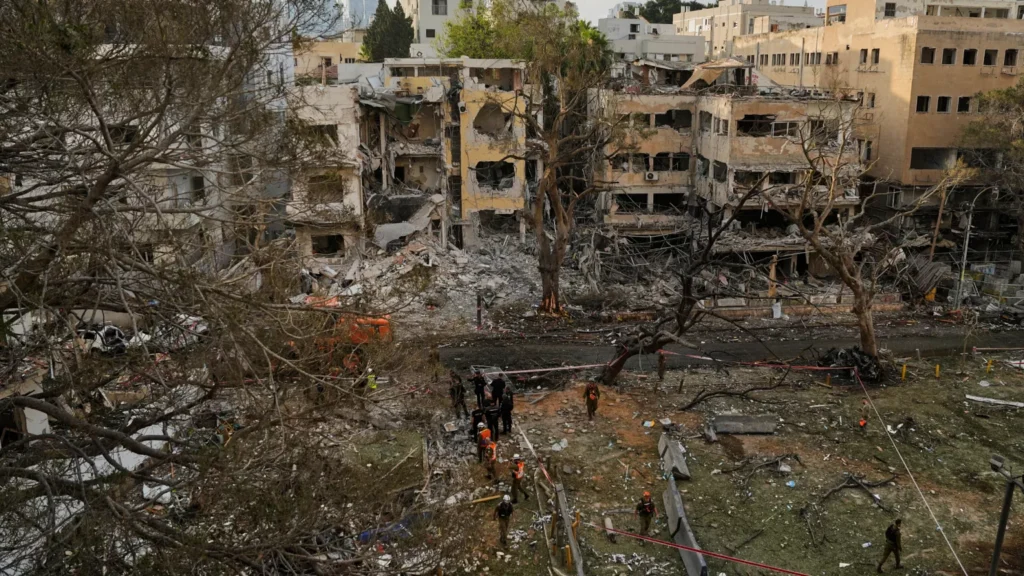
This emerging model of conflict marks a significant shift in the region’s security landscape. Instead of overt nuclear threats or launches, the war revolves around attacks on nuclear infrastructure, intelligence operatives, and sensitive technology — actions that complicate traditional notions of deterrence and raise the risk of miscalculation.
A New Paradigm in Nuclear Escalation
The conventional understanding of nuclear escalation ties it directly to the use or threatened use of nuclear weapons. However, the Iran-Israel threshold war challenges this paradigm. Through cyber sabotage, assassinations of key scientists, and covert disruptions, both sides engage in a form of aggression that directly affects nuclear capabilities without crossing into open war.
This recalibration poses difficult questions for policymakers: When does sabotage amount to an act of war? How do both countries respond to maintain deterrence without sparking uncontrollable escalation? And can limited but persistent attacks be sustained without provoking a major conflict?
Regional and Global Consequences
The implications extend far beyond Iran and Israel. The erosion of established deterrence norms increases the risk that one side could misinterpret limited attacks as preparations for broader conflict. Furthermore, the covert nature of these operations raises the risk of attribution errors and unintended retaliations.
These tensions also complicate international efforts to revive or renegotiate nuclear agreements, such as the Joint Comprehensive Plan of Action (JCPOA). Diplomatic progress is hindered as actions on the ground deepen mistrust and incentivize hardline positions.
Moreover, proxy forces aligned with both countries could escalate localized skirmishes, threatening wider regional instability.
Looking Ahead
The Iran-Israel threshold war signals a new reality in which the lines between conventional conflict and nuclear war are increasingly blurred. Managing this fragile situation will require innovative diplomatic approaches, improved communication channels, and new frameworks for crisis management to prevent miscalculations that could lead to catastrophic escalation.
Without concerted international efforts to address this evolving conflict, the risk of a devastating confrontation in the Middle East remains high — with consequences that could reverberate globally.

